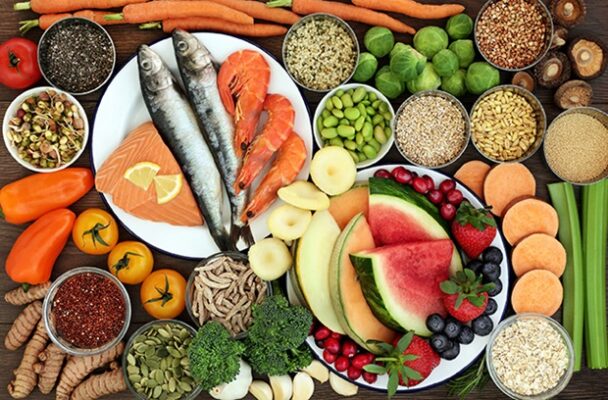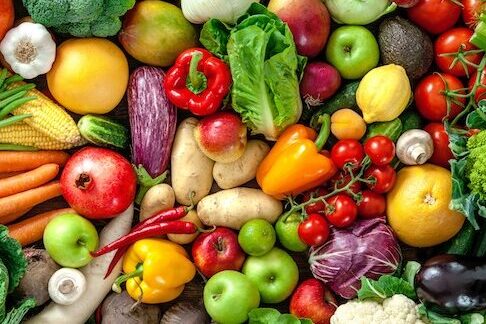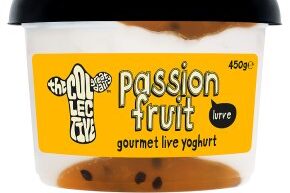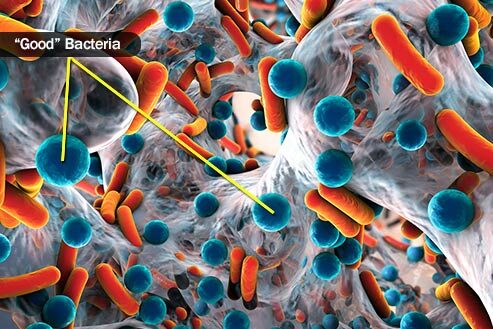Gut health is big business with the global market for probiotics totalling £35 billion in 2017 and is growing fast.
Which magazine did an investigation as to whether it was worth spending money on these expensive supplements.
The reaction from most specialists was that the best way to boost gut health is to eat a varied healthy diet, get enough sleep and try to avoid undue stress.
Diet should include as large a variety of fruit and vegetables as possible and try to include beans and pulses such as lentils and nuts.
By changing to the Mediterranean diet you can increase your microbiota by 7% compared to the 0.5% which is the standard American diet.
It is also very important to cut down on sugars and carbohydrates to boost the health of our gut.


The gut microbiome is a vast ecosystem of complex organisms that live in the digestive tract. They are responsible for proper digestion allowing all the nutrients to be absorbed by the body.
The gut is also home to 70% of the immune system as well as trillions of microbes that have an effect on our general health.
Everyone has probiotics in their gut. These are the good bacteria which play a crucial part in your gut health. According to research by Prof Tim Spector author of the Diet Myth there is a huge difference in the microbiomes in those who live rural rather than urban lives, those who spent time gardening and people who own or spend time with pets especially dogs .
The level of probiotics in your gut can be affected by poor diet, stress and taking antibiotics and some other medications such as certain hay fever and diabetes drugs along with some laxatives. Some research suggests that the number of microbes also becomes depleted as we age.
This could play a part in an increase of inflammatory and neuro-degenerative diseases of old age.
Rather than rely on supplements which have limited proven evidence you should try and eat a range of prebiotic, probiotic and fibrous foods in your diet.
Pre-biotic Foods
Will help the good bacteria in your gut to thrive
Good natural sources are
Bananas
Apples
Onions
Garlic
Leeks
Chicory
Asparagus
Oats
Barley
Flax seeds
Cocoa
Fibre
Aids digestion and healthy bowel movements
Good natural sources are
Fruit and Veg especially berries, pears, oranges, peas, beans, broccoli, carrots, sweetcorn and potatoes.
Also wholegrain bread, oats and barley
Probiotic food
These include strains of good bacteria
Good natural sources
Live Yoghurt
Fermented food
Drinks such as Kefir
A spoonful of live yoghurt a day is sufficient to boost your level of probiotics in most cases.

Under EU regulations food and drink products are not allowed to claim or treat a health issue.
There is some evidence that probiotics can help with IBS symptoms and antibiotic associated diarrhoea but it is important to match the bacteria strain to your specific symptoms.
Probiotic yoghurt drinks such as Actimel and Yakult have been in the supermarkets for years and have a little more research behind them.
Activia has been shown to relieve constipation and there is some evidence that Actimel helps prevent antibiotic associated diarrhoea.
If you are in any doubt consult your GP
Sources Which magazine – Anna Studman
The Age well Project -Annabel Streets and Susan Saunders

